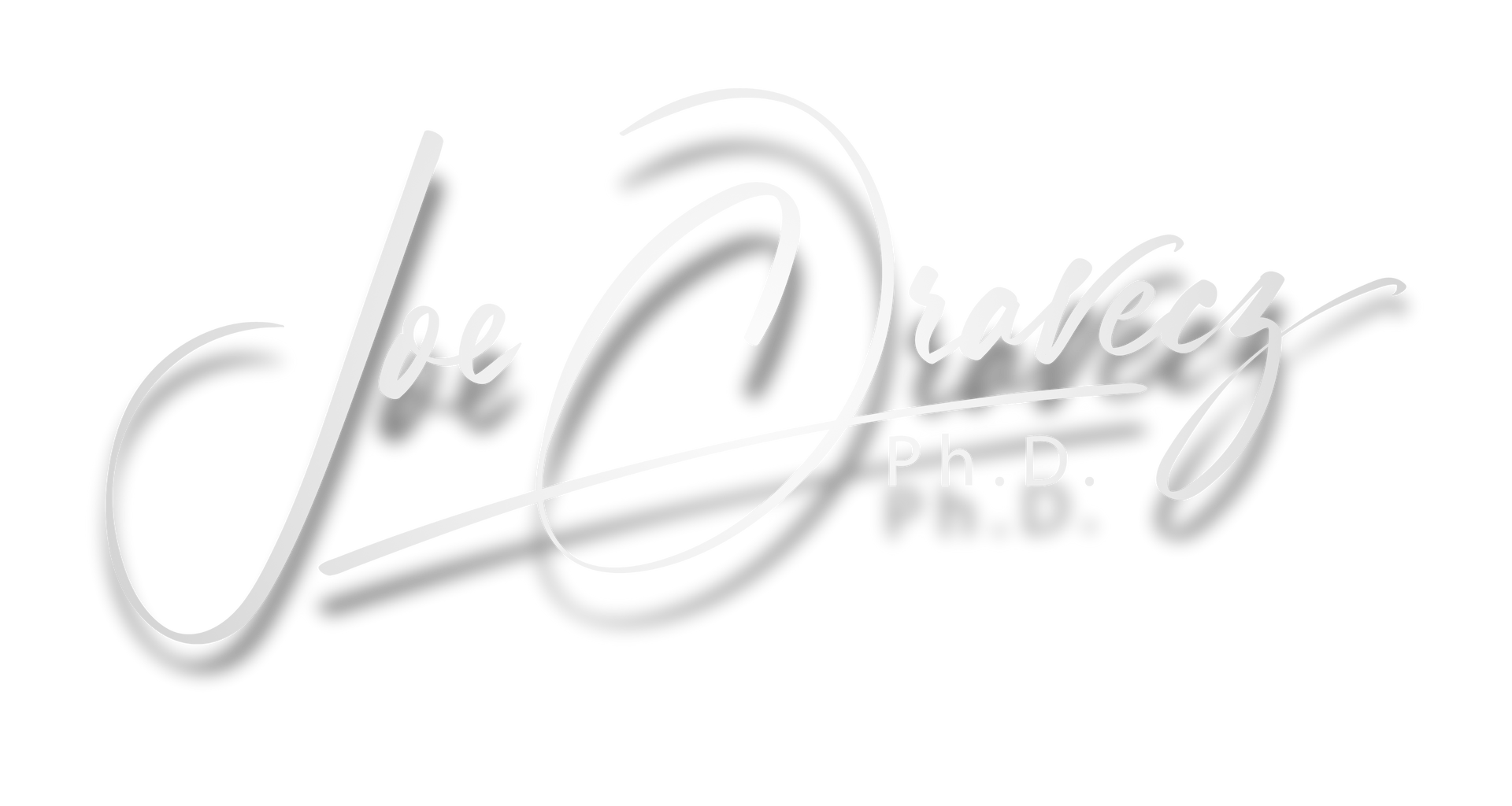
There’s a unique kind of loneliness that comes with being at the top. You’ve spent your entire career climbing, striving for success, but when you arrive, the air up here is thin. The weight of decisions, the pressure of leading, and the façade of perfection become constant companions. And in that silence, you feel it—the profound isolation that no one talks about.
It’s not that you don’t have people around you. You have a team, colleagues, perhaps even mentors, but they aren’t privy to the unspoken struggles that keep you awake at night. The fear that if you admit you’re struggling, it will shatter the image of strength you’ve worked so hard to project. In the corporate world, vulnerability has long been mistaken for weakness.
But what if I told you that your real strength as a leader lies not in how well you hide your struggles, but in how openly you confront them? Authenticity—acknowledging that you are human—is what your team needs. They don’t need another stoic figurehead; they need a leader who shows them that it’s okay to be vulnerable, that mental health is a priority, and that walking the talk isn’t just rhetoric—it’s necessary.
The first step toward this shift is recognizing that the isolation you feel is a signal. It’s telling you that something needs to change. You don’t have to carry it alone anymore. By acknowledging your own mental health challenges, you give others permission to do the same. That’s the first step: owning your truth. And from there, you’ll see how much more powerful and connected you become—not just to your team, but to yourself.










